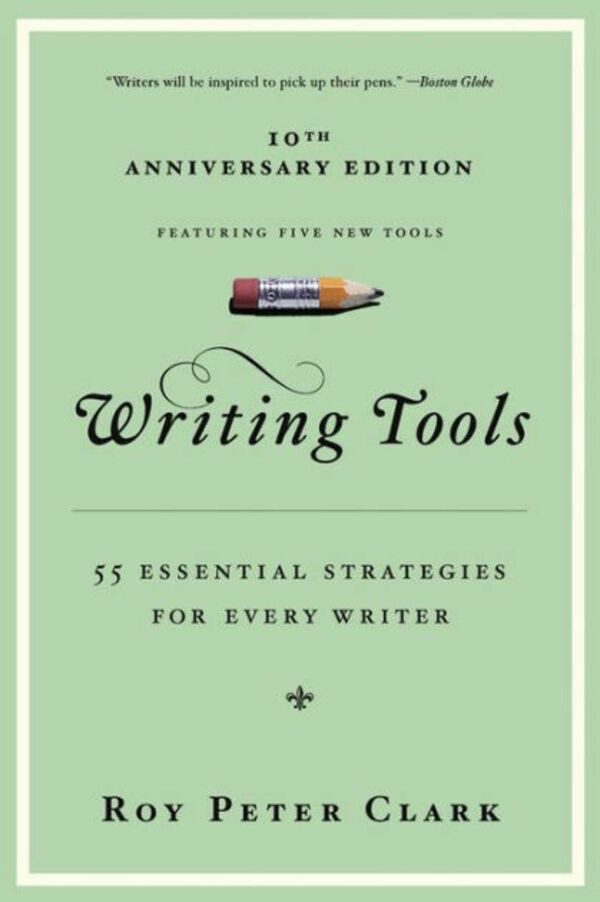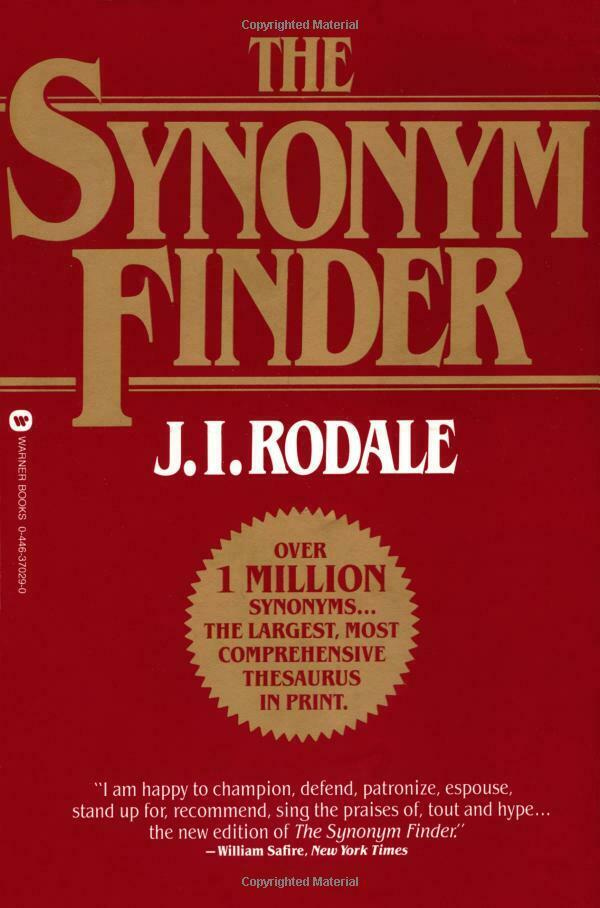Ben Meadows Catalog
Professional, scientific outdoor supplies
If you measure value in decades and don’t care about appearances then industrial supplies are always the way to go. The previously-reviewed McMaster-Carr Online Catalog is the granddaddy of all industrially-minded geeks, but their focus is on tooling and indoor industrial items. If I’m considering anything for the outdoors, Ben Meadows is the first catalog I pick up and the only other paper catalog on my shelf I use regularly.
Its categories span the spectrum of possible industries: loggers, farmers, ecosystem scientists, surveyors, animal control & management, spelunkers, cable locators, miners, hydrologists, oilfield workers — and dozens of other areas. It’s a weird and wonderful combination of both rugged equipment for burly log-throwing types as well as instruments, equipment, and books that the more scientific-minded person would be interested in. This is the place where pros (or their purchasing departments) come to find the best gear, and I suspect much of it is worth the cost and slight delay even for an amateur.
The inventory of the Ben Meadows catalog is impressive: Six pages of pH meters! Seven pages of measuring tapes! Five pages of arborist ropes! Portable lightning detectors, safety equipment of all types, windsocks, night vision gear, throw nets, waders, fire jumper supplies, forestry cruising equipment — there is no way I could do justice to the huge variety. I’ve been getting the catalog for 10 years, and every year find a new person who has never seen it and been just as excited with all the stuff they have never known where to get (“So THIS is where I can get bright green non-toxic water dyes!”). Keeping this catalog handy is a dangerous thing. You’ll almost certainly find that tool that makes you think: “If only I knew this existed last summer when I needed it!” And then you’ll go order whatever it is so next summer’s job is much easier.
The descriptions of certain tools give quick insight into how things are done by the professionals. It’s like seeing a shadowy, partial image of an instruction set of how to perform certain tasks. For instance, there is a “Plant Tissues Color Chart” book which allows comparative color examinations of certain plant leaves to determine soil nutrient or toxicity makeup. Well, there’s something I didn’t know you could do, and now I know how to get more information. Looking through the field test kits, I was surprised to see how many possible test elements there are for groundwater; maybe now I’ll test the spring in my backyard to see what kinds of mineral content it has. I would be very surprised if you couldn’t find a significant portion of previously-reviewed Cool Tools in this catalog.
02/6/09








